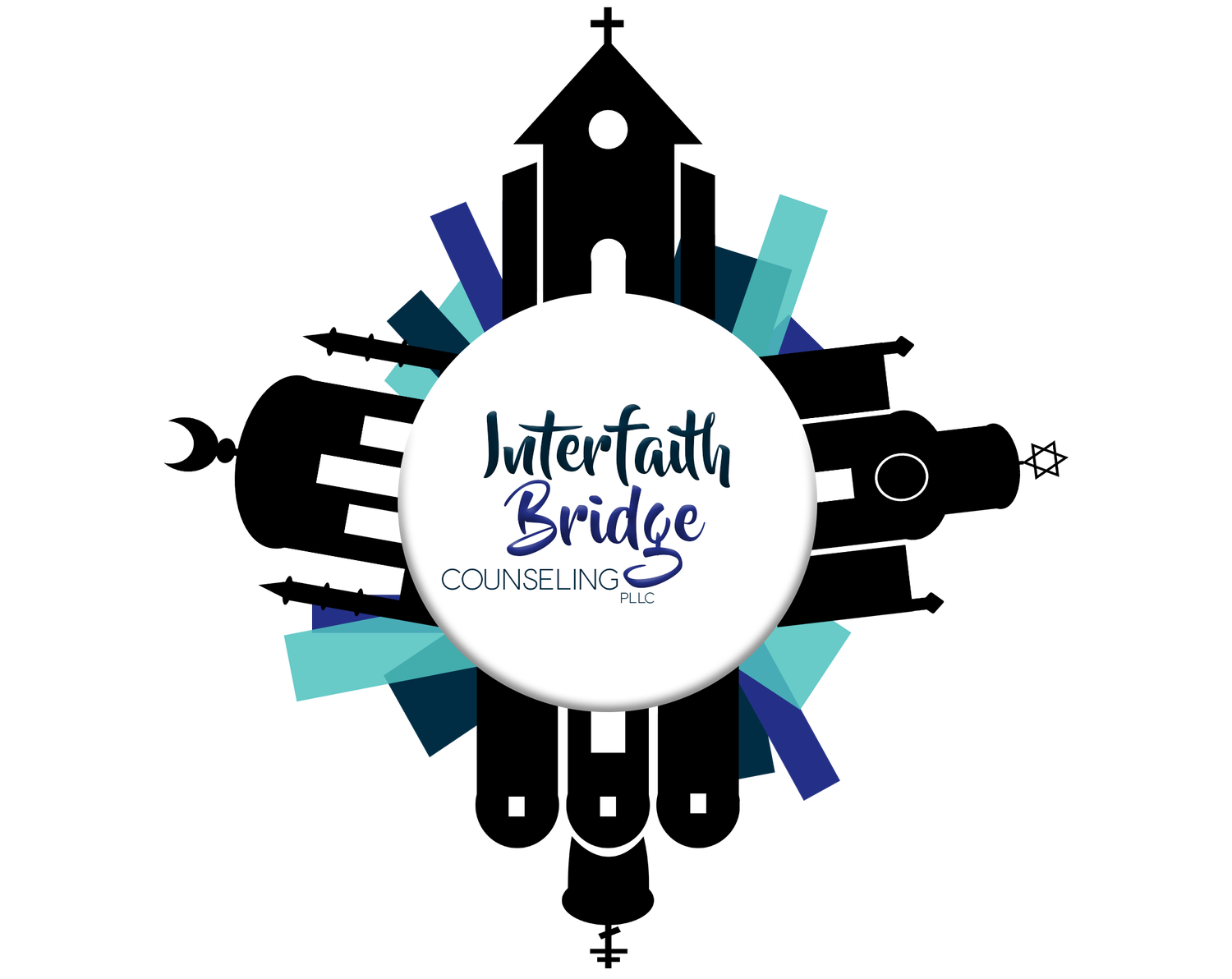How to Find the Right Self-Care For You
Read Time: 5 Minutes
Today, I want to talk about one of trendiest topics out there right now. It’s all over social media and it’s in all of our personal conversations, it’s the topic of self-care. There are so many different ideas and opinions going around on what self-care is (and isn’t), none of which are necessarily wrong. But more than anything, is leaving a lot of unanswered questions and confusion about what each person should be doing for self-care. And honestly, this is a really tricky topic to talk about because self-care isn’t universal.
Now, at its rudimentary level self-care is the capability of which a person is able to navigate their life. But add on the complexities of who we are and what we know, self-care then turns into the capability of which a person is able to navigate their life given the needs they have at the moment alongside the resources that are made available to them. This is why self-care is unable to be universal. Your different identities, oppressions, and experiences all play an important part in what type of self-care you may need.
So then…how does one begin to decide what kind of self-care they need to practice?
Self-care breaks down into two extended branches: 1) Self-Comfort and 2) Self-Management. Both branches must intertwine and play off of one another in order for one to be successful in balancing their self-care. But sometimes, one is needed more than the other given our needs and available resources. The branch of self-comfort is most often what people imagine when they think of self-care; it encompasses sensory, pleasure, spiritual activity, and even social engagement. In application, it looks like bubble baths, eating a favorite dessert, attending a house of worship (or therapy!), or cuddling with your pets. The branch of self-management however, includes mental mastery, physical activity, and emotional acceptance. It’s the part of self-care that often gets the bad rap as it looks like eating healthy, exercising, making a monthly budget, or doing that dreaded homework.
I don’t have a magical answer for how to figure out what kind of self-care you need. But what I can leave you with is this - you have the power to choose which self-care you need and want, and what will work for you. Self-care is meant to empower you and empower your life. The only type of self-care that takes that away is the self-care you didn’t want or need in the first place.
About Our Author | Lena McCain MA, LPC. 0017723
Lena McCain is our Founder here at Interfaith Bridge Counseling, where she continues her support as our Clinical Director. She also holds a Master of Arts degree in Clinical Mental Health: Mindfulness-Based Transpersonal Counseling Psychology from Naropa University.
Lena’s drive and passions lie in the realm of community building and youth collaboration, which she has spent the last 12 years studying with an emphasis on one’s exploration of personal growth, community healing, and multicultural values. Lena’s expertise in these areas and the therapeutic field acts as a reminder to our community, teens, and young adults that they are not alone in their experience of life.

![[Image] Scribble image with books, words over image say "How to Find the Right Self-Care For You."](https://images.squarespace-cdn.com/content/v1/63d95f727c30a3483f4424e4/3b54e7a7-a791-42aa-b8d8-50237f185cff/Self-Care-Therapy-Teens-Young-Adults-Group-Therapy-Colorado.jpg)
![[Image] Scribble image with whole coffee grounds, words over image say "How to Find the Right Self-Care For You."](https://images.squarespace-cdn.com/content/v1/63d95f727c30a3483f4424e4/f22c519f-7f2d-4b7f-8e02-9746b25021a5/3.jpg)
![[Image] Scribble picture of Caucasian woman with hands on her head in front of a graffiti painted wall.](https://images.squarespace-cdn.com/content/v1/63d95f727c30a3483f4424e4/4b9aef58-0ae8-49ba-bcb6-28fd6e376044/Lena-McCain-Licensed-Professional-Counselor-Teen-Therapist-CO.jpg)